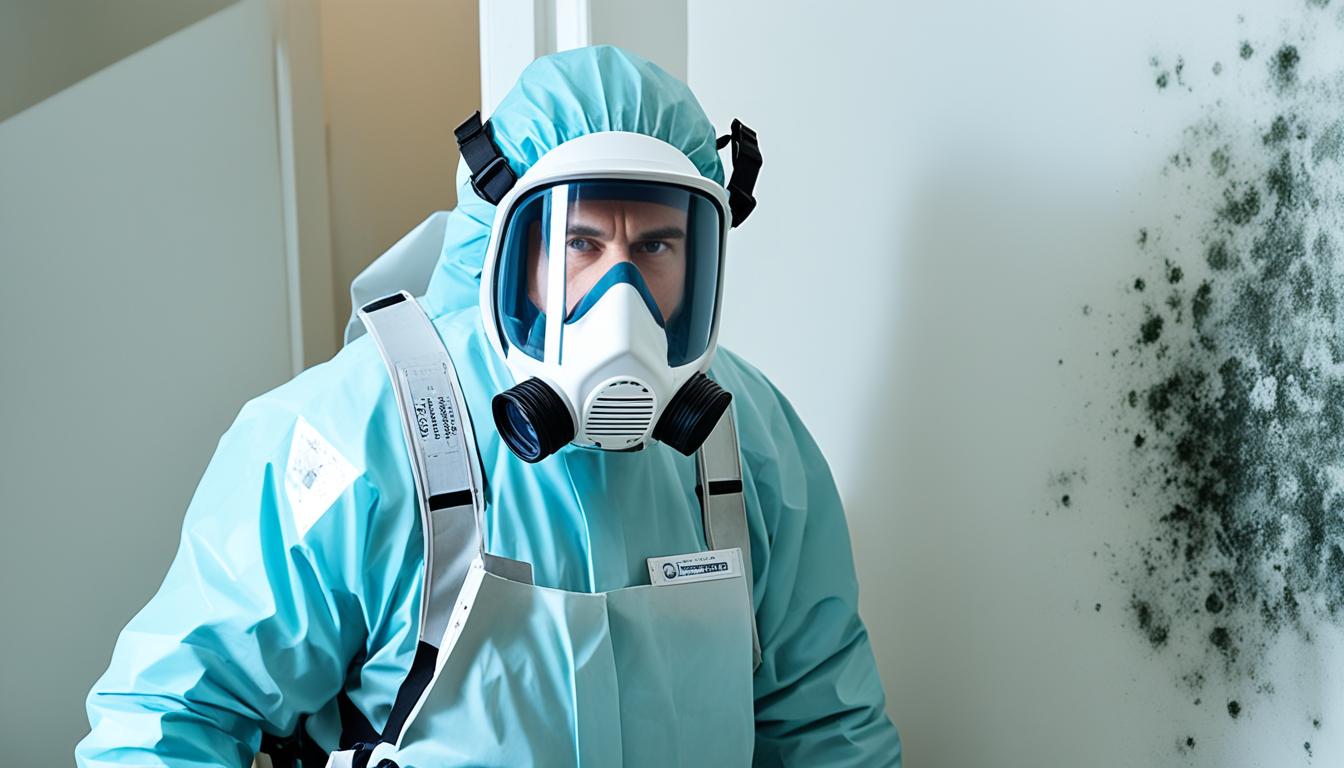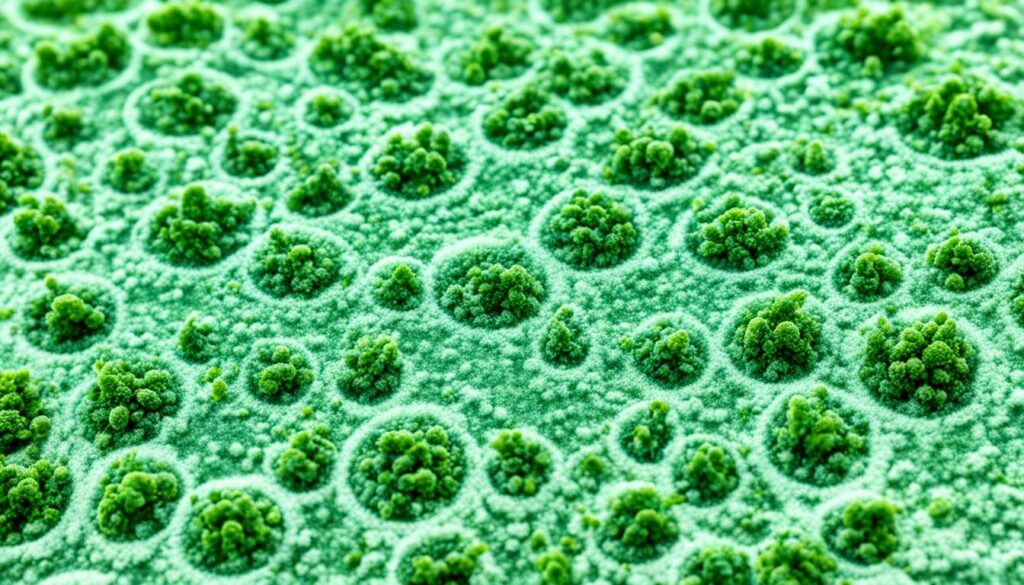
Mold Inspection New York – Reliable Detection Services
Welcome to our comprehensive guide on mold inspection services in New York. If you are a homeowner or a property owner in New York, it is crucial to understand the importance of regular mold inspections. Mold growth can lead to various health issues and property damage if left untreated. Hiring certified mold inspectors for a professional home mold inspection can help identify mold-related problems and ensure the safety of your living or working environment.
Key Takeaways:
- Mold inspection is essential for identifying and addressing potential mold problems in New York properties.
- Certified mold inspectors possess the expertise to detect and assess mold growth accurately.
- A professional home mold inspection helps safeguard the health and well-being of occupants.
- Regular mold inspections can prevent costly damage and the need for extensive mold remediation.
- Don’t overlook the importance of mold inspection, as it plays a vital role in maintaining a safe and healthy indoor environment.
Now that we have highlighted the significance of mold inspection services in New York, let’s delve into the details of comprehensive mold testing and remediation guidance in the next section.
Comprehensive Mold Testing and Remediation Guidance
When it comes to mold, thorough testing and effective remediation are crucial for maintaining a healthy and safe environment. Mold growth can pose serious risks to both your property and your health, making it essential to address the issue promptly and efficiently.
At the forefront of mold testing and remediation are reputable mold removal companies. These companies specialize in identifying and eradicating mold infestations to ensure a mold-free living or working space.
Mold testing plays a vital role in the process of mold removal. It involves inspecting your property for mold growth, identifying the extent of the problem, and assessing the type of mold present. An accurate and comprehensive mold test helps mold remediation companies develop effective strategies to address the issue.
Thorough mold testing provides invaluable insights into the severity of the mold infestation and helps mold remediation companies develop targeted solutions for effective mold removal.
Once mold testing is complete, mold removal services are implemented to eliminate the mold problem entirely. These services involve the safe and efficient removal of mold colonies and affected materials. Mold removal experts employ industry-standard techniques and equipment to ensure the thorough eradication of mold, preventing its reoccurrence.
It is important to hire reputable mold remediation companies to ensure the success and durability of the remediation process. These companies have the knowledge, expertise, and experience to handle mold infestations effectively, using safe and environmentally friendly methods.
Mold Testing and Remediation Process
The mold testing and remediation process typically involves the following steps:
- Evaluating the extent of mold growth and damage.
- Containment of the affected area to prevent the spread of mold spores.
- Removal and disposal of mold-infested materials.
- Cleaning and disinfecting the area to ensure complete mold eradication.
- Restoration and repair of any damaged structures or materials.
- Post-remediation testing to ensure the successful removal of mold.
By following a systematic approach and utilizing advanced techniques, mold remediation companies can restore a mold-infested space to its original clean and healthy state.
| Mold Testing and Remediation Benefits | |
|---|---|
| 1. Identification of Mold Types | Accurate testing helps determine the specific type of mold present, enabling targeted remediation. |
| 2. Health and Safety | Thorough mold removal eliminates potential health hazards associated with mold exposure. |
| 3. Prevention of Future Infestations | Proper remediation and preventive measures minimize the risk of future mold growth. |
| 4. Preservation of Property | Efficient mold removal protects your property from structural damage caused by mold. |
| 5. Peace of Mind | Knowing that professionals have successfully eradicated the mold problem provides peace of mind. |
When dealing with mold, it is essential to rely on the expertise of mold testing and remediation specialists. The services provided by reputable mold removal companies ensure a thorough and effective approach to addressing mold infestations, safeguarding your property and well-being.

Ensuring Indoor Air Quality with Expert Mold Detection Specialists
The quality of the air we breathe indoors has a significant impact on our health and well-being. One of the key factors that can affect indoor air quality is the presence of mold. To ensure a safe and healthy environment, it is crucial to perform regular indoor air quality testing and enlist the expertise of mold detection specialists.
Indoor air quality testing involves the comprehensive assessment of air samples for the presence of mold spores and other harmful contaminants. This testing helps identify any potential mold growth or hidden moisture issues that may be contributing to poor indoor air quality. By detecting and addressing these issues, mold detection specialists can help improve the overall air quality in homes, offices, and commercial spaces.
When it comes to commercial properties, such as offices, hotels, and healthcare facilities, undertaking a commercial mold assessment is essential. Mold can proliferate in hidden areas, such as HVAC systems or behind walls, posing a risk to the health of occupants. Mold detection specialists have the expertise and tools to thoroughly inspect these spaces and provide accurate assessments. Their in-depth knowledge helps identify the source of mold growth, develop effective remediation plans, and prevent future mold issues.
By investing in indoor air quality testing and partnering with mold detection specialists, individuals and businesses can create a healthier and safer environment. These professionals play a vital role in safeguarding against the harmful effects of mold and ensuring optimal indoor air quality, thereby promoting the well-being of occupants and reducing the risk of respiratory problems, allergies, and other health issues.




